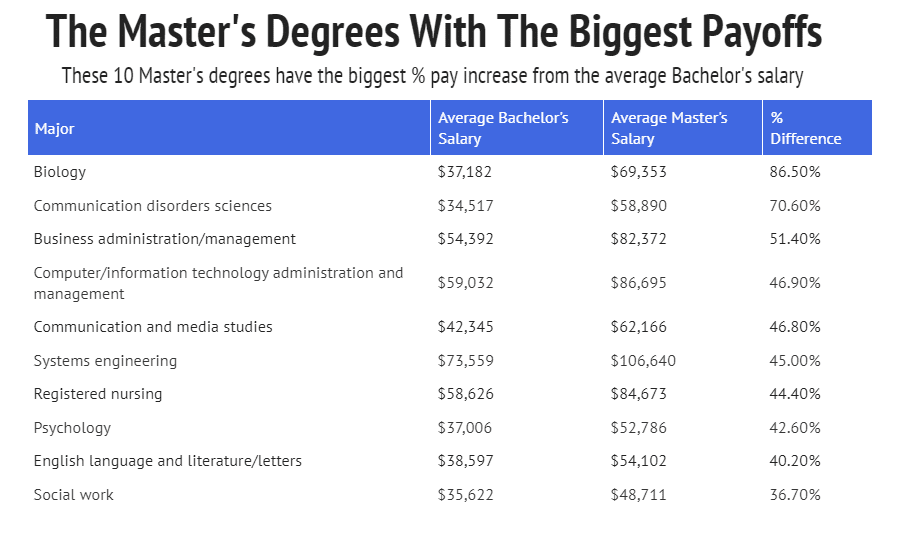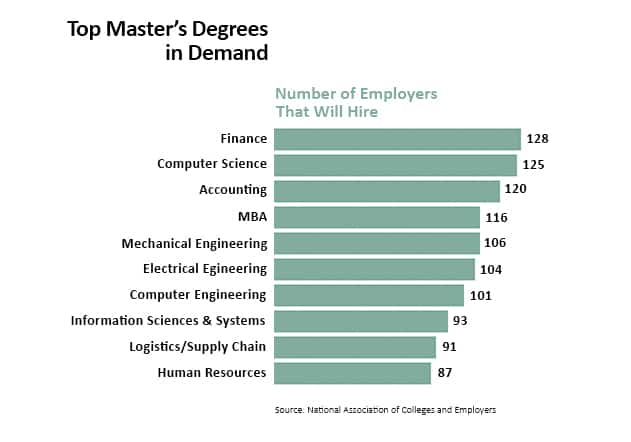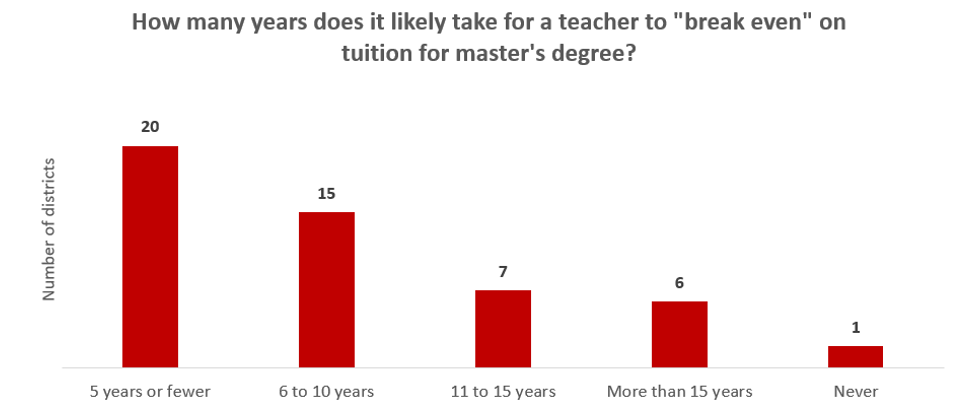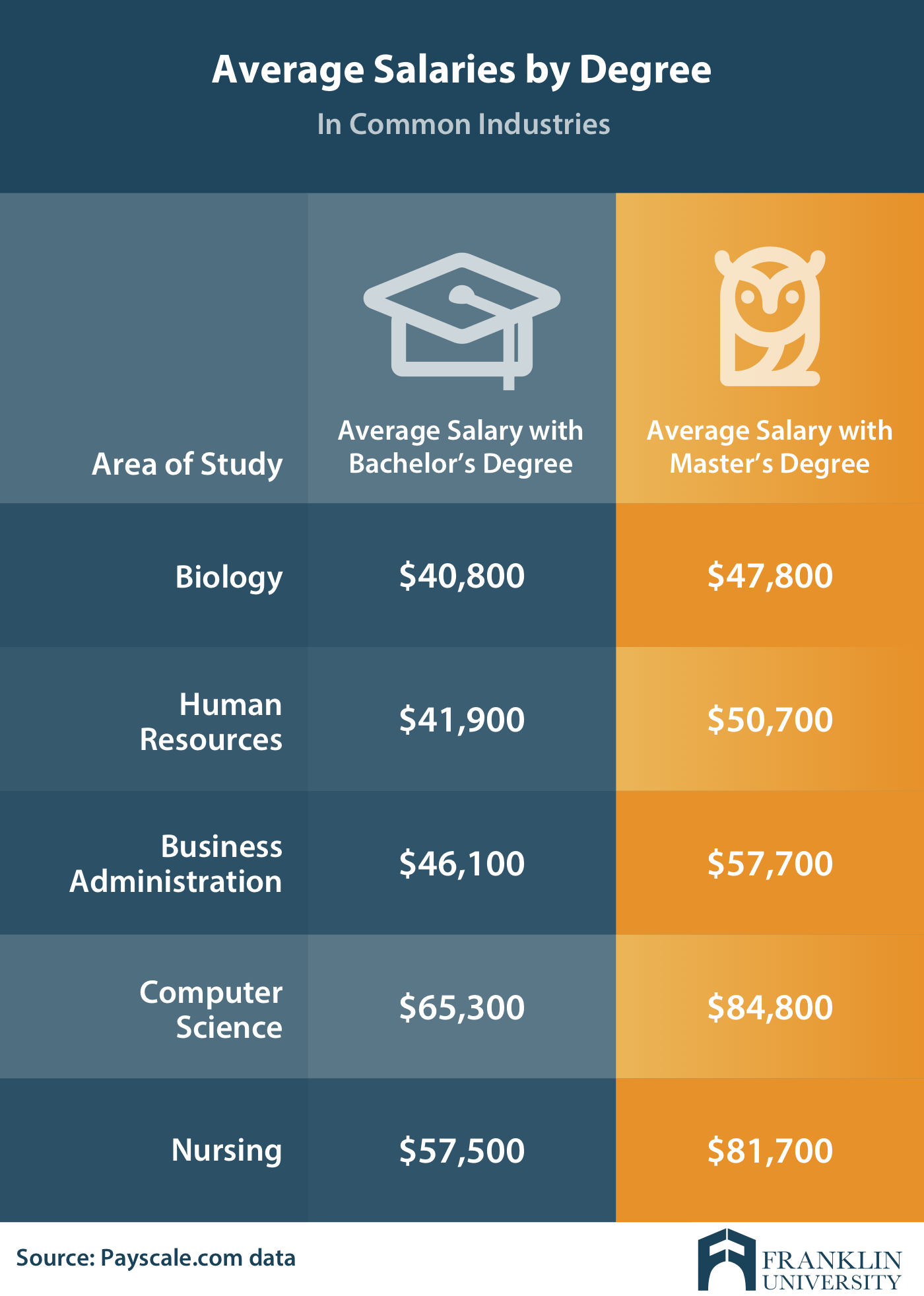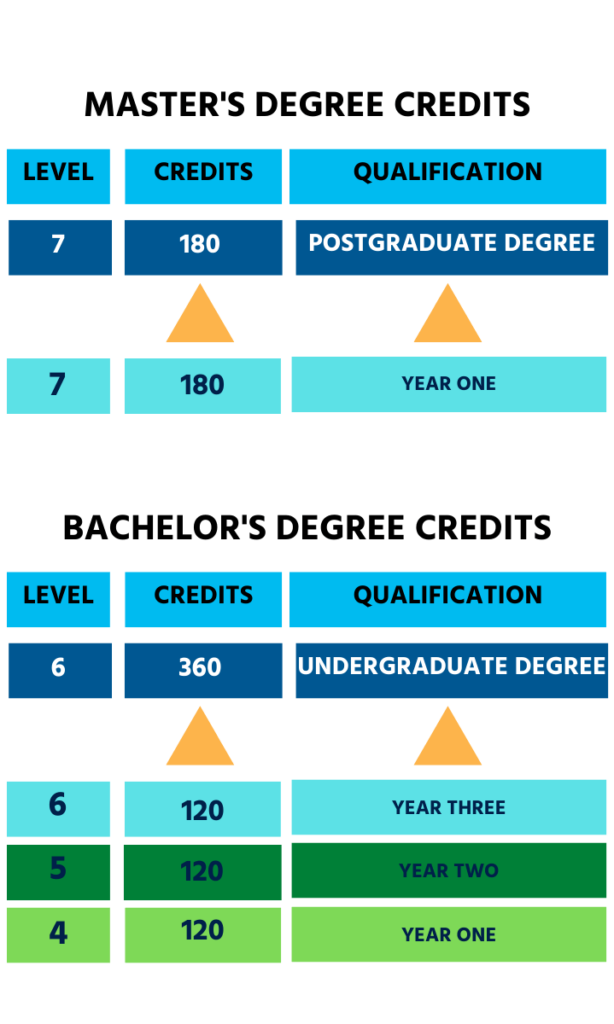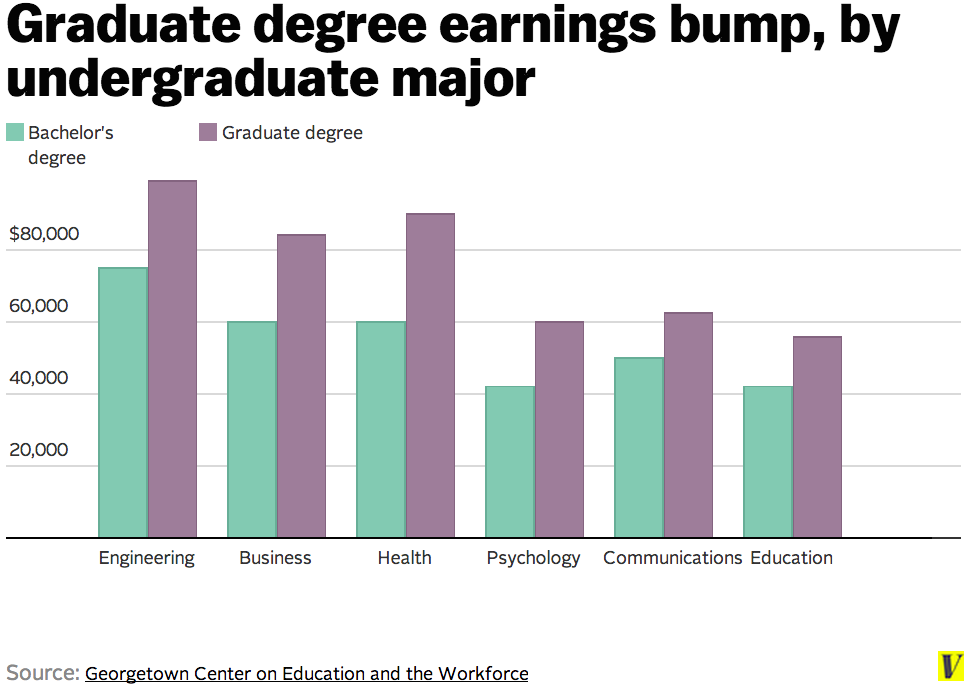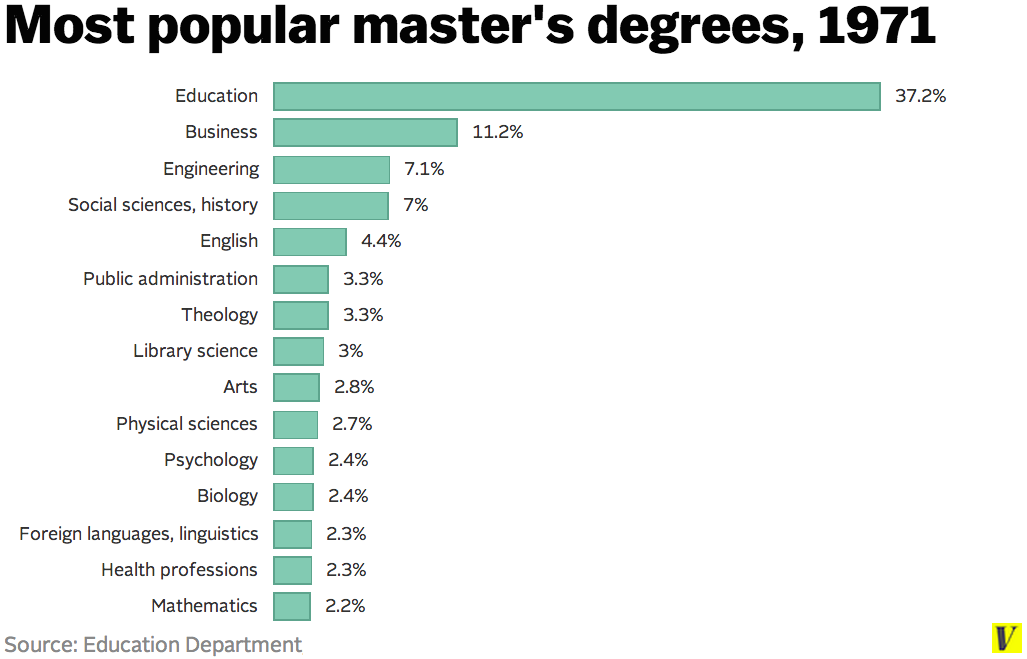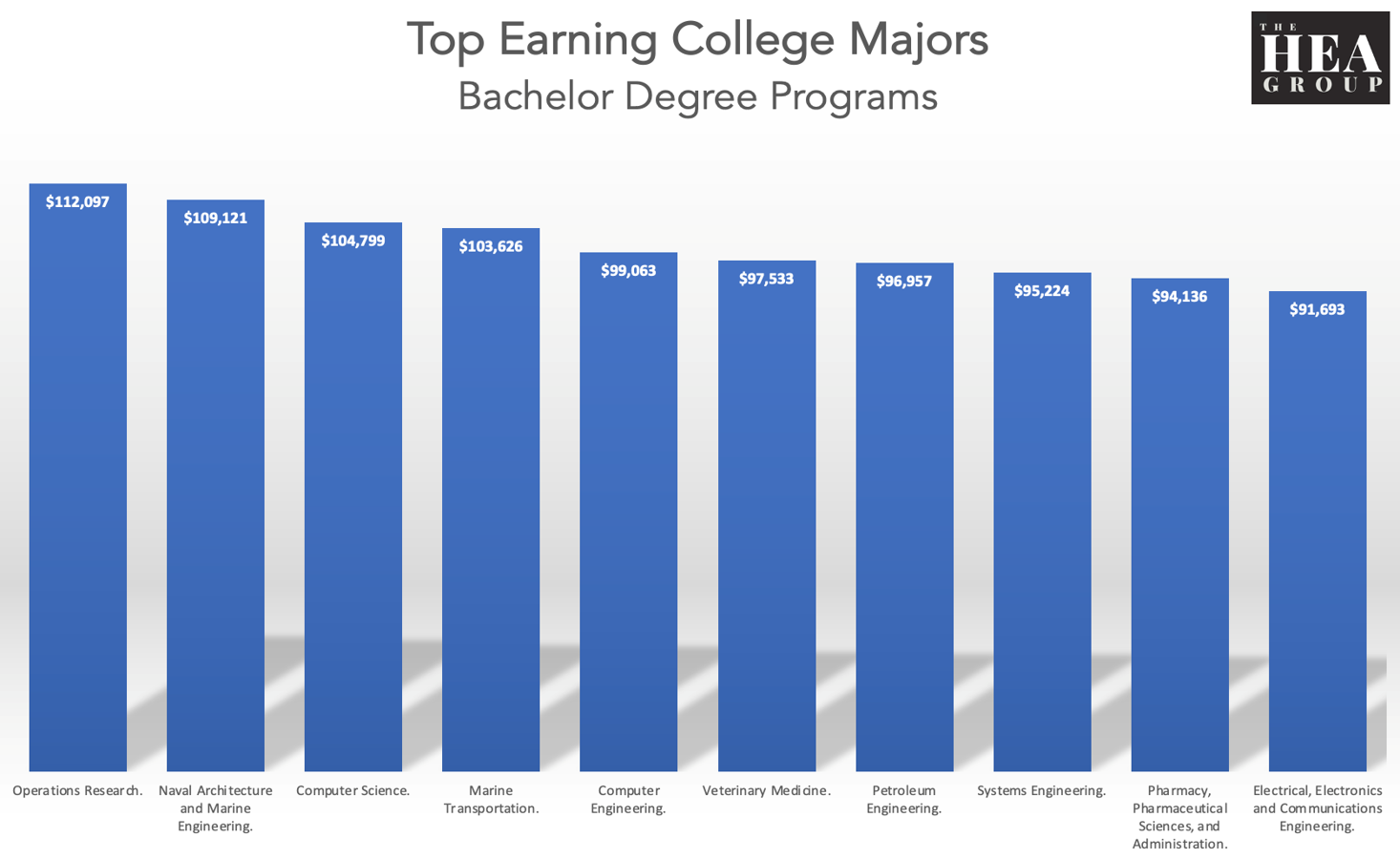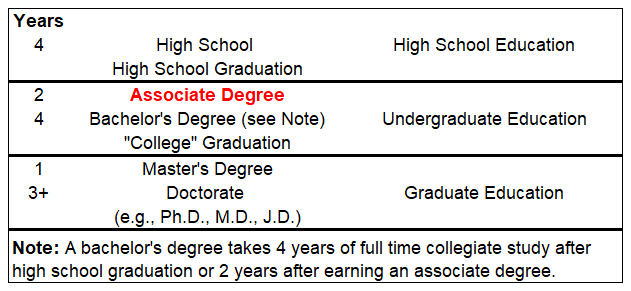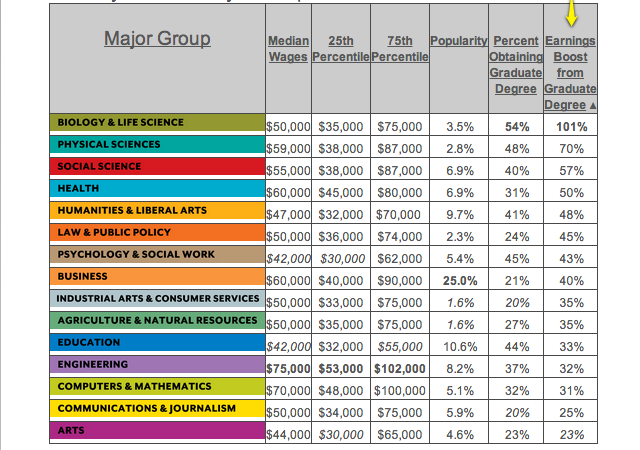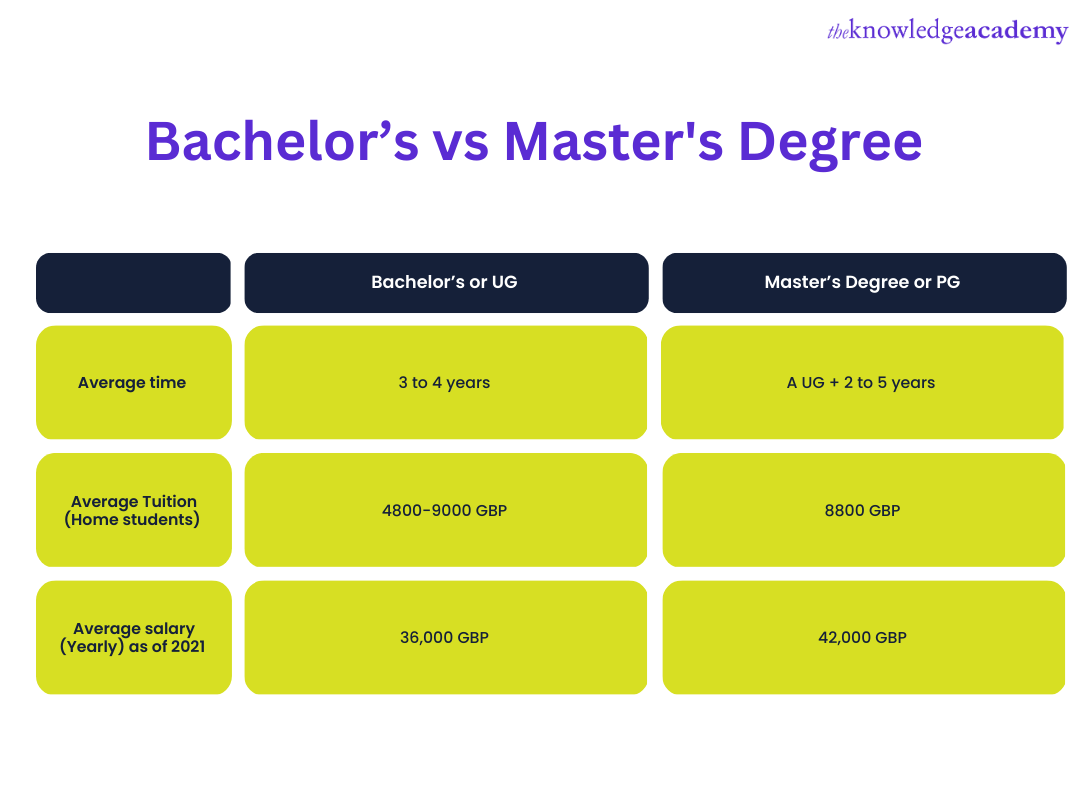How Many Years To Earn A Master's Degree

The pursuit of a master's degree is a significant investment of time and resources for many individuals seeking career advancement or specialized knowledge. Understanding the typical timeframe required to complete such a program is crucial for prospective students planning their academic and professional futures.
This article examines the factors influencing the duration of master's programs, offering a comprehensive overview of the expected time commitment and potential variations.
Typical Duration of Master's Programs
The most common length for a master's degree program in the United States is two years. This typically translates to four semesters of full-time study, encompassing coursework, research (if applicable), and often a thesis or capstone project.
According to the National Center for Education Statistics (NCES), the median time to completion for a master's degree is around two academic years for full-time students. However, this is just an average, and actual completion times can vary.
Factors Influencing Program Length
Several factors can affect how long it takes to earn a master's degree. These include the student's enrollment status, the specific academic discipline, and the program's structure.
Full-time vs. Part-time Enrollment: One of the biggest determinants is whether a student attends full-time or part-time. Part-time students naturally take longer to complete their degree, often extending the timeframe to three or four years, or even longer.
Academic Discipline: Certain fields, such as engineering or science, might require more lab work or research, potentially adding to the overall program length. Conversely, some humanities or social science programs might have fewer credit requirements, potentially allowing for faster completion.
Program Structure: Some master's programs are designed to be accelerated, allowing students to complete their studies in as little as one year. These intensive programs often require a heavier course load and may not be suitable for everyone.
Furthermore, programs incorporating internships or clinical rotations may also extend the time to graduation. Students should also be aware that some programs have mandatory residency requirements which can add to the completion time.
Variations Across Institutions
The duration of a master's program can also vary depending on the institution offering the degree. Some universities may have stricter requirements or different course structures that influence the overall timeframe.
"Prospective students should carefully research the specific requirements of each program they are considering," advises Dr. Anya Sharma, a professor of graduate studies at State University. "Pay close attention to the number of credit hours required, the availability of courses, and any mandatory research or internship components."
Online Programs: The rise of online education has also introduced more flexibility in terms of program length. While many online master's programs follow a similar timeline to their on-campus counterparts, some offer self-paced options, allowing students to progress at their own speed.
However, it's important to note that self-paced programs may still have deadlines for completing coursework or projects.
Impact and Considerations
Understanding the expected timeframe for a master's degree is essential for individuals planning their educational and career goals. The decision to pursue a full-time or part-time program should be carefully considered based on personal circumstances and financial constraints.
A shorter program might be more appealing to those eager to enter the workforce quickly, while a longer, part-time option may be better suited for working professionals who need to balance their studies with their existing commitments. Careful planning is key to a successful graduate experience.
Ultimately, the number of years it takes to earn a master's degree depends on a combination of factors. By understanding these variables, prospective students can make informed decisions and choose a program that aligns with their individual needs and goals.

